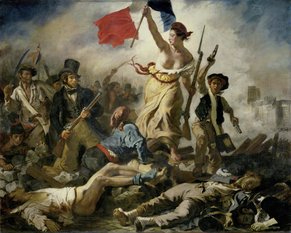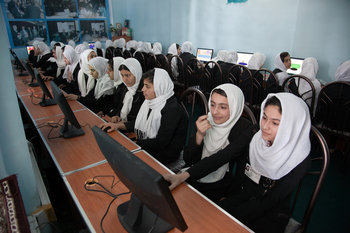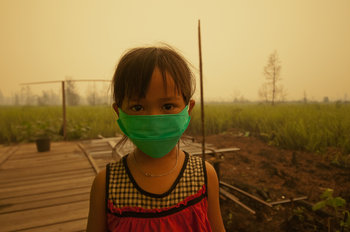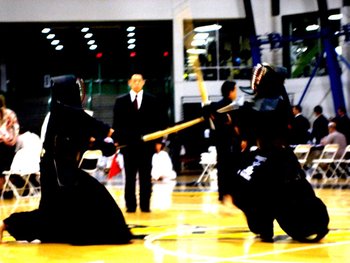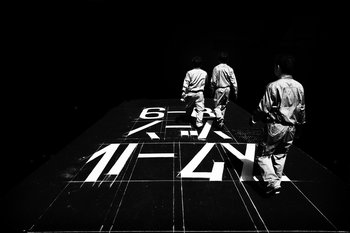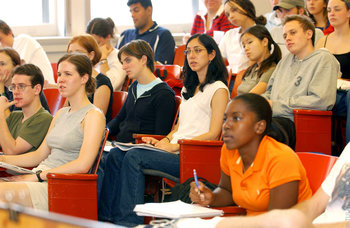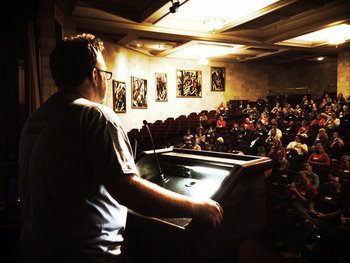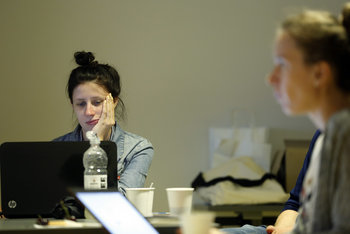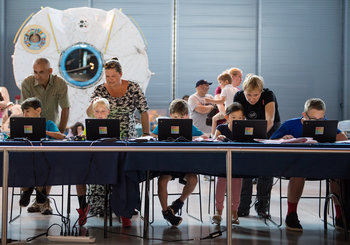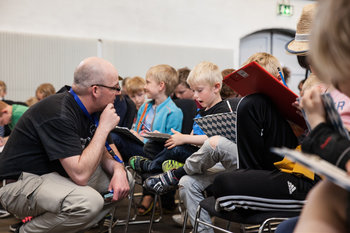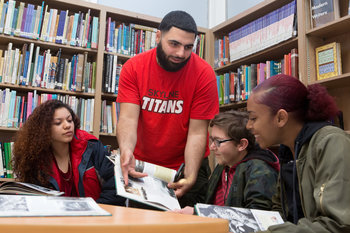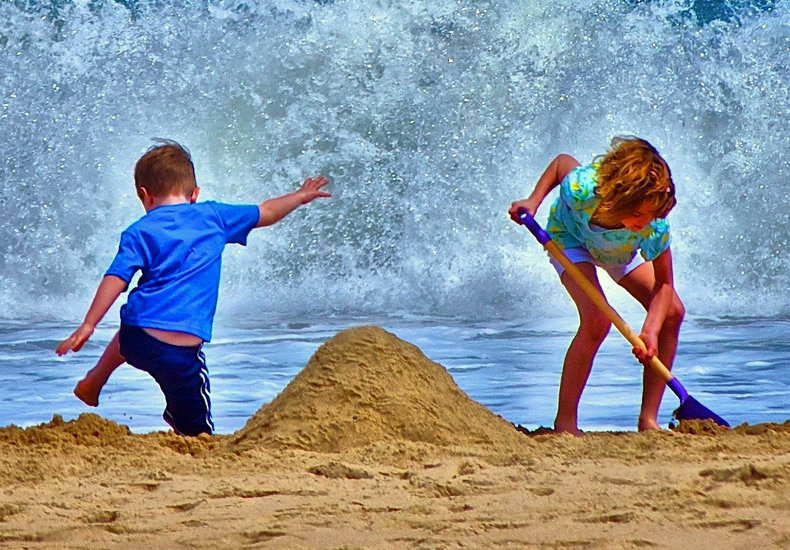
Object Play
Playing with objects. An essential form of early play that allows a baby to learn about the things around them such as colors, shapes, forms, textures, weights, fragility and how things work.Independent Play
Playing alone with intense focus. This is an early form of play that remains important as a means for developing concentration and the ability to create, construct and do things independently.Social Play
Play that involves others. This has several variations:Onlooker Play | Watching others play without directly participating. This may involve communication. |
Parallel Play | Playing side by side in a similar fashion. For example, two children who are drawing different things at the same time. This may involve communication and mimicking each other's play. |
Associative Play | Play that involves interaction but not cooperation. For example, one child who is pretending to be a turtle and another who is pretending to be a superhero with interactions but no shared narrative. |
Cooperative Play | Play that involves cooperation such as constructing something together. |
Communicative Play | Play based on communication such as jokes, debate and singing. |
Improvisation | Improvisation is the building of a story in a social and dynamic way such as children who defeat an imagined villain as a team. |
Make-Believe
Imagining things as part of play. For example, a child who imagines they are exploring an alien world.Suspension of Disbelief
Suspension of disbelief is the process of pretending to believe in fantasies constructed by others. For example, temporarily imagining a video game is real in order to fully experience it.Recapitulative Play
Acting out elements of culture and tradition such as stories, history, pastimes and rituals. For example, a child who pretends to be a samurai.Storytelling Play
Telling or acting out a story. For example, a young child who retells a story they have heard in their own words with a few changes.Imitative Play
Imitating others including characters from media such as television.Role Play
Assuming a role such as an object, animal or character from fiction. For example, a child who pretends to be a dog or cat.Physical Play
Running, jumping, climbing, swimming and other types of physical activity undertaken for enjoyment.Rough & Tumble
Interactive physical play such as chasing, play fighting and wrestling.Deep Play
Risk taking play that serves to overcome fears and develop confidence. For example, jumping off things or climbing a tree.Exploration
Exploration of real or imagined environments. For example, imagining that you are exploring a pirate cave that is in fact a closet. Exploration is a common theme of video games, particularly adventure games.Mystery
Solving a mysterious problem for fun.True Play
Free play that is undirected and unconstrained.Games
Play with rules such as a video game, card game or physical game such as hide and seek.Puzzles
Games that challenge mental abilities such as spatial intelligence.Strategy
Play that involves long term planning to achieve a goal. For example, designing and building a fort that will be useful in a water balloon fight.Tactics
Play that involves short term planning to achieve a goal. For example, figuring out how to hit someone who is behind a tree with a water balloon without getting hit yourself.Sports
A game based on physical competition such as soccer. This often has a social aspect such as team membership. Sports can serve to build competitive spirit, physical confidence and skills.Musical Play
Music related play such as singing, dancing or playing real or imagined musical instruments.Arts
Creating art such as a painting or sculpture.Constructive Play
Building things such as a paper airplane or a building made of sand.Mastery Play
Play that involves trying to improve with time to master a skill or knowledge area. For example, a child who wants to be good at chess, video games or drawing who plays with a goal to improve.Summary
The following are common types of play: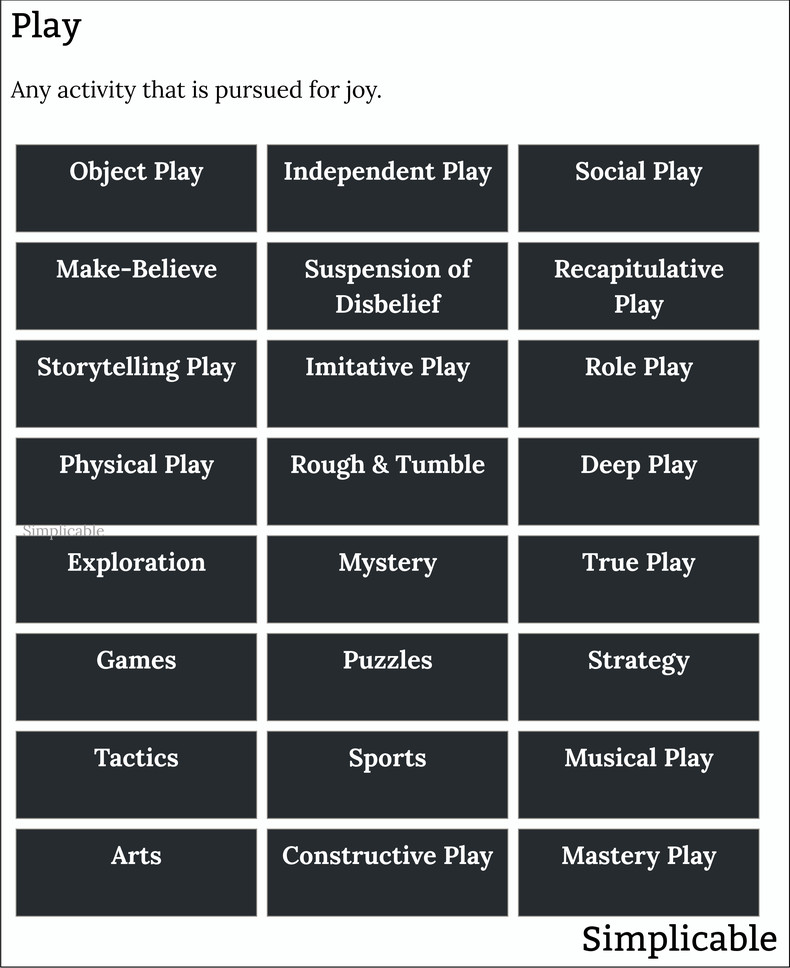
Overview
Play allows us to exercise our abilities in situations that aren't fully real.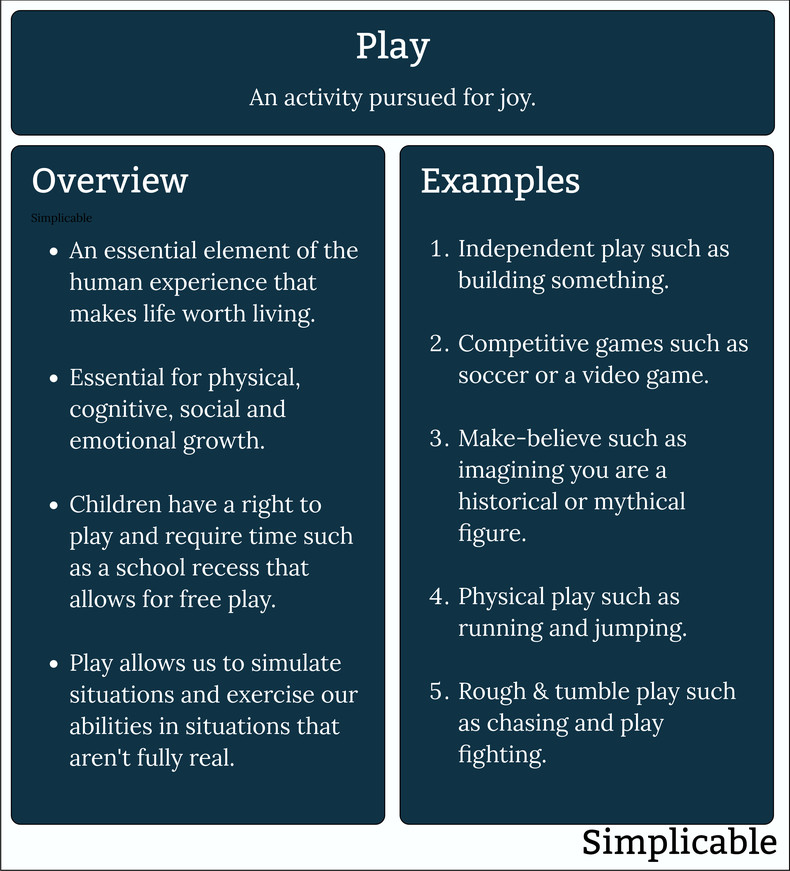
| Overview: Play | ||
Type | ||
Definition | An activity that is pursued for joy. | |
Related Concepts | ||



